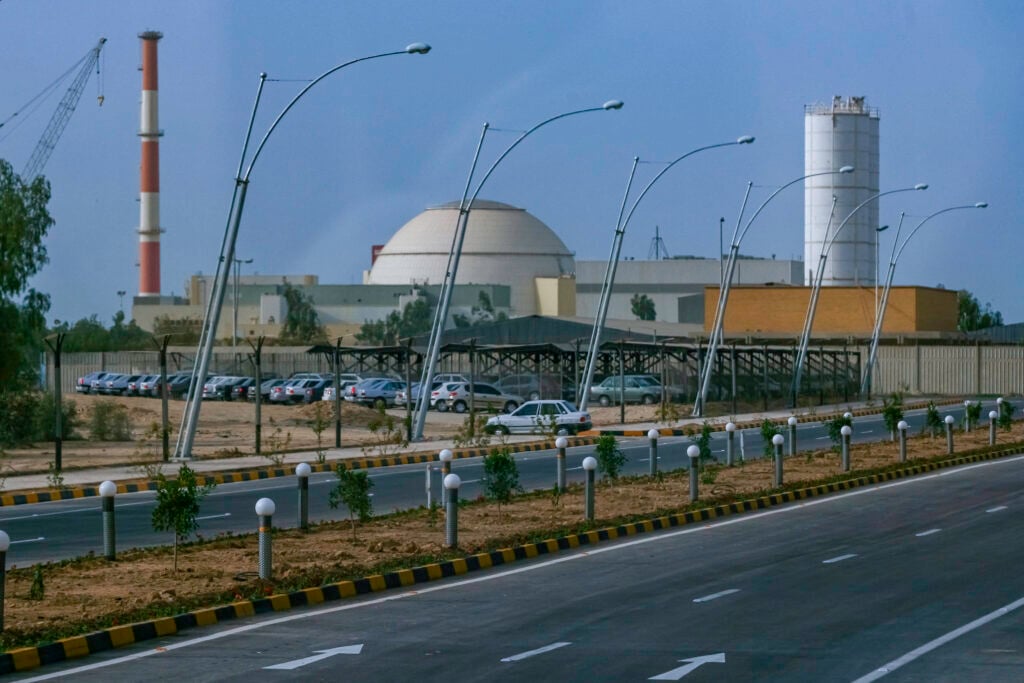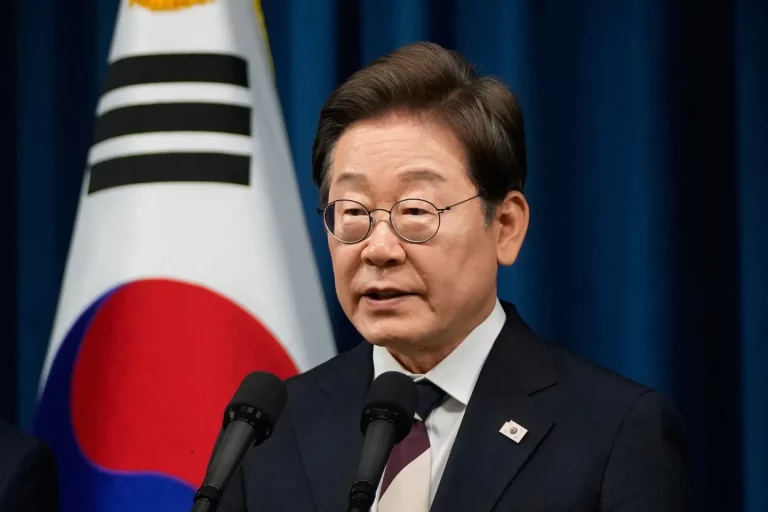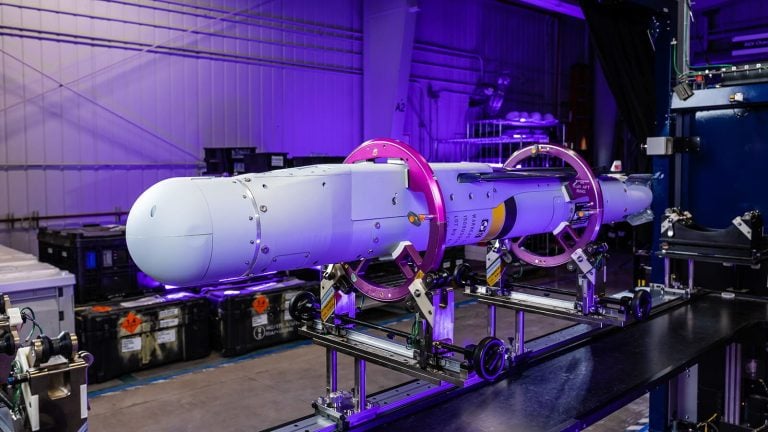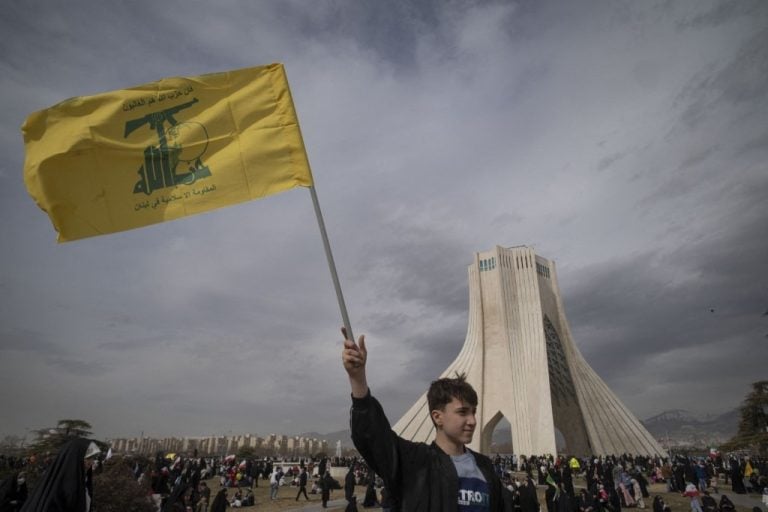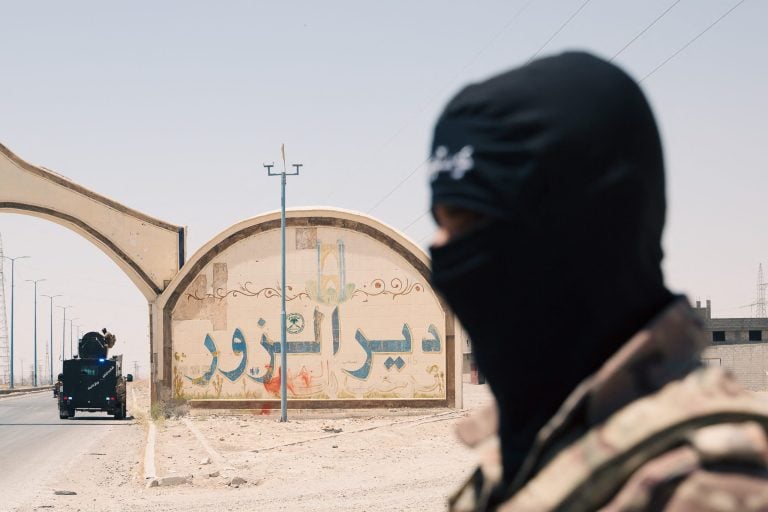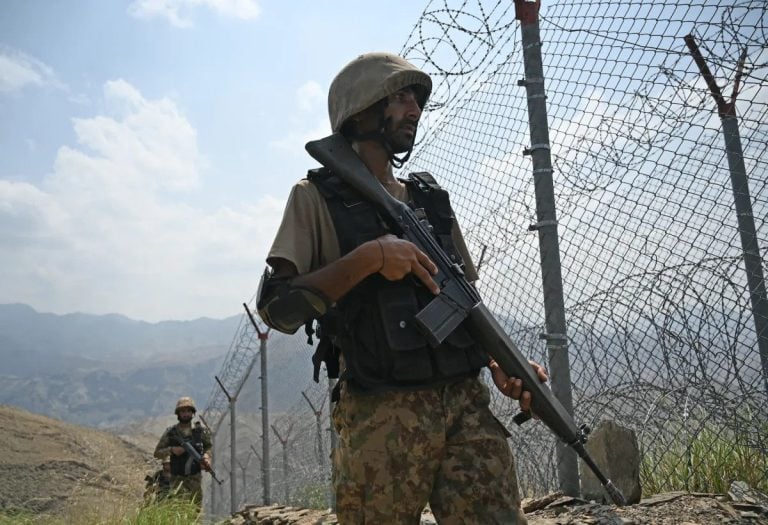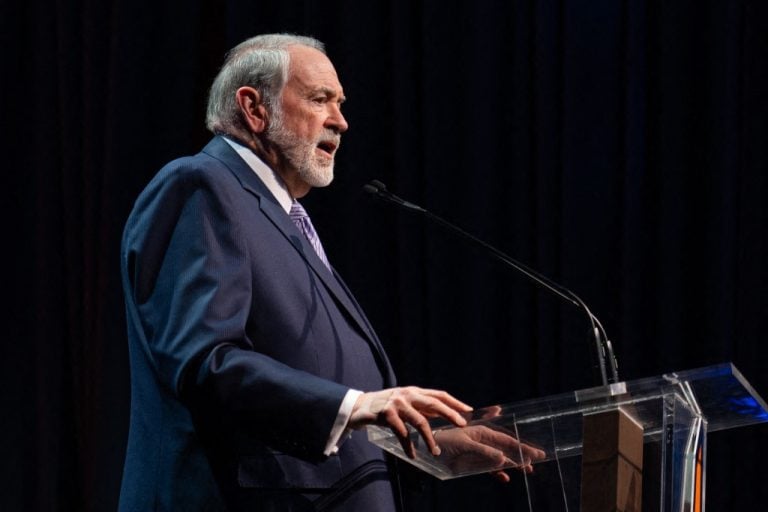Negotiators from Iran and the United States convened in Rome on Friday for the fifth round of nuclear discussions, amid a backdrop of escalating tensions over Tehran’s uranium enrichment. This meeting marks the highest-level engagement between the two nations since the U.S. withdrew from the 2015 nuclear accord, known as the Joint Comprehensive Plan of Action (JCPOA), during Donald Trump’s presidency.
The negotiations, which commenced in April, have been overshadowed by disagreements, particularly regarding Iran’s uranium enrichment activities. Since returning to the White House, President Trump has intensified a “maximum pressure” campaign against Iran, maintaining a dual approach that combines support for negotiations with threats of military action should diplomatic efforts falter.
Iran is seeking a new agreement that would alleviate the crippling sanctions imposed on its economy following the U.S. withdrawal from the JCPOA in 2018. In the latest round of discussions held in Muscat, Oman, significant friction emerged when U.S. envoy Steve Witkoff stated that Washington could not consent to even a one percent enrichment of uranium. Iran swiftly rejected this position as a violation of its rights under the Non-Proliferation Treaty, labelling it a “red line.”
Ahead of the talks, Iran’s Foreign Minister Abbas Araghchi acknowledged the existence of “fundamental differences” with the U.S. but expressed Tehran’s willingness to allow increased inspections of its nuclear sites. He cautioned, however, that no agreement would be reached if the U.S. insisted on preventing Iran from enriching uranium.
These discussions occur in advance of a crucial meeting of the International Atomic Energy Agency (IAEA) in June, along with the impending expiration of the JCPOA in October. The original deal aimed to curtail Iran’s nuclear capabilities to ensure it did not develop nuclear weapons, a charge that Tehran has consistently denied. In exchange for limiting its nuclear program, Iran was promised relief from various international sanctions. However, following the U.S. withdrawal, Iran resumed and accelerated its nuclear activities, enriching uranium to levels as high as 60 percent—significantly exceeding the 3.67 percent cap imposed by the JCPOA, yet still below the 90 percent threshold for weapons-grade material.
Experts in Tehran suggest that Iran is unlikely to relent on its enrichment activities. Political scientist Mohammad Marandi asserted, “It’s quite simple; if the U.S. expects Iran to halt nuclear enrichment, then there can’t be a deal.” The Atomic Energy Organization of Iran has maintained that its nuclear industry employs around 17,000 people, asserting that other countries, such as the Netherlands and Japan, enrich uranium for civilian use without possessing nuclear weapons.
Iran’s longstanding rivalry with Israel, which enjoys strong support from the U.S., continues to loom over the negotiations. In a recent letter to the United Nations, Araghchi warned that any attack on Iran’s nuclear facilities by Israel would also implicate the United States, holding it legally responsible. This warning came in response to reports suggesting that Israel was preparing for potential military action against Iran.
As Friday’s talks approach, they are set against the backdrop of an IAEA Board of Governors meeting in June that will evaluate Iran’s nuclear activities. The JCPOA includes provisions for the re-imposition of UN sanctions through a “snapback” mechanism if Iran fails to uphold its obligations. The agreement’s European signatories—Britain, France, and Germany—have indicated that they would activate this mechanism if European security were perceived to be threatened. Araghchi has asserted that such a move would have severe consequences, potentially ending Europe’s role in the agreement and escalating tensions to an irreversible level.
